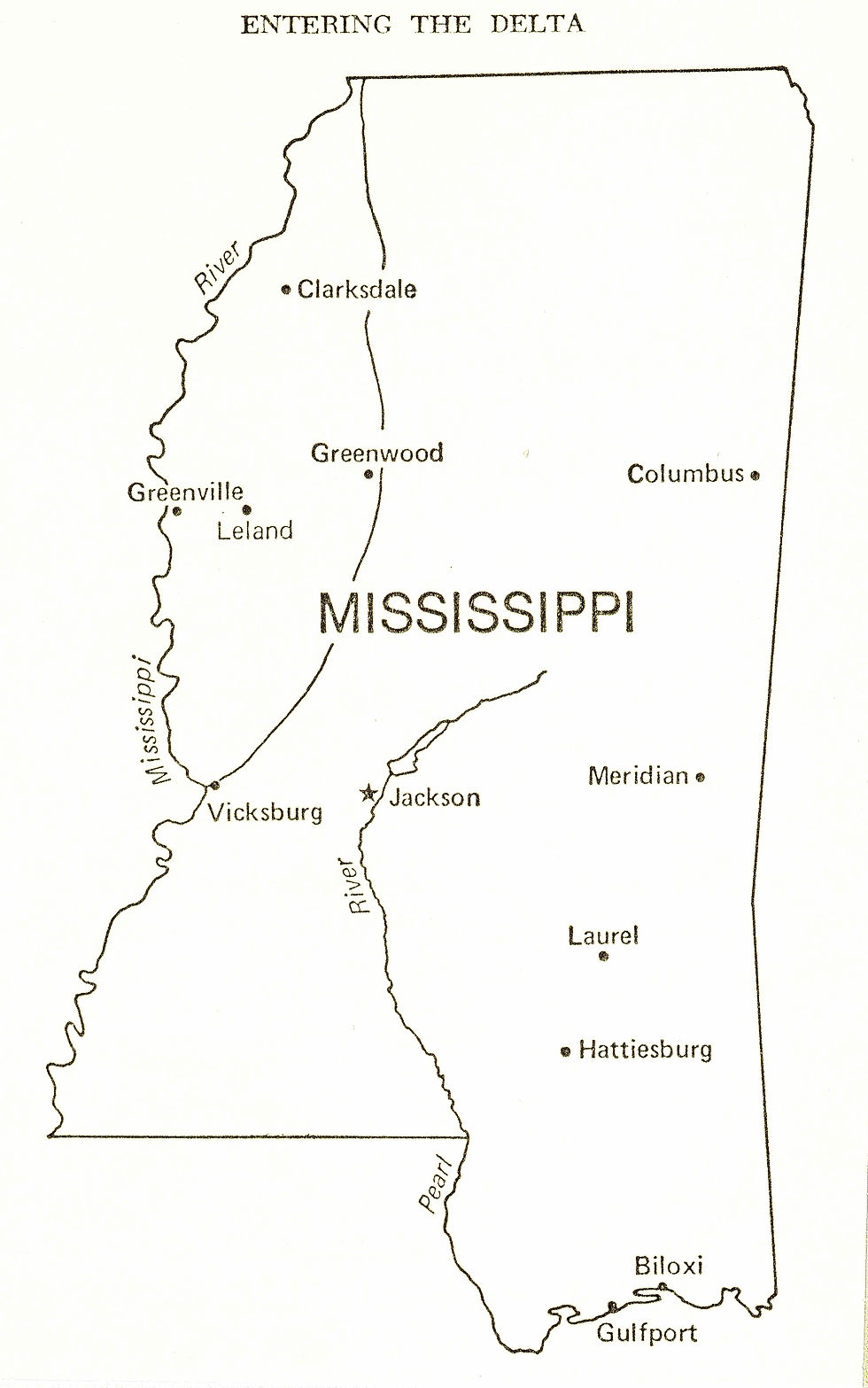The Piedmont Region
- Fruteland Jackson
- Jul 1, 2025
- 2 min read
The Thumb's Alternating Bass line

Intro: Old Papa
The Piedmont region was settled early in American history. The Piedmont region extends from the Appalachian Mountains in the Upper West to the Atlantic Coastal Lowlands in the Lower East. The Piedmont region includes eastern Kentucky, Northern Georgia and Alabama, North and South Carolina, and Virginia.
This Piedmont region has always had a robust Anglo-American folk tradition, particularly among poor whites living in the Appalachian Mountains. This dominant folk tradition significantly influenced the development of blues music. Historians suggest that Blues music emerged in the Piedmont region 10 to 15 years after it did in the Mississippi Delta and East Texas regions. The Piedmont folk traditions have their roots in West Africa, among the Wolof and Mandingo tribes who introduced the banjo (or the Halam) and *Kora style playing to the music. The Kora playing style involves using the thumb to play the alternating bass lines while the other fingers play the melody.
Piedmont blues was the most advanced and schooled, involving more harmonic inventiveness. Many Piedmont musicians understood the circle of fifths i music theory unlike musicians who lived in the Mississippi Delta.
The Piedmont region was less isolated than the Mississippi Delta and Piedmont regions.
The Piedmont region had more exposure to outside influences than the Mississippi Delta and East Texas areas. As a result, the music in Piedmont developed a unique flavor. The region was a melting pot of American folk music styles such as Scottish/Irish, Old Timey, Hill Billy, Bluegrass, African American, Native American, and Country music. The music was popularized by traveling minstrels and medicine shows that helped spread the music across the country.
Musicians played various acoustic instruments, including the fiddle, banjo, guitar, mandolin, and bass. EXAMPLE
Influential Piedmont greats include the Blind Rev Gary Davis, Blind Willie McTell, Blind Blake, Blind Boy Fuller Elizabeth Cotton, Sonny Terry and Brownie Magee, Cephas and Wiggins, and John Jackson.
-Fruteland Jackson



Comments